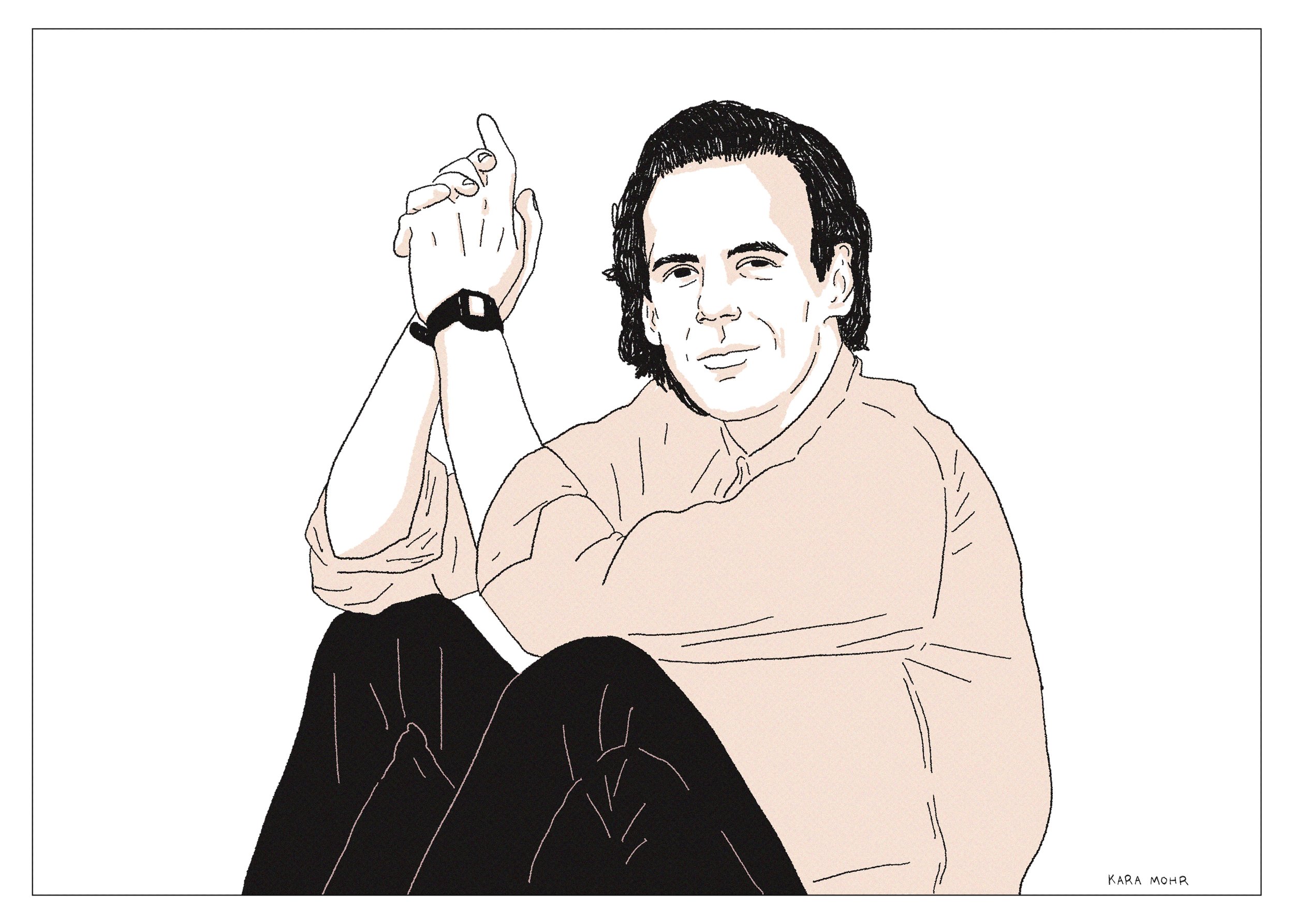
John Hiatt “Perfectly Good Guitar”
There’s a concept in child rearing — and I’m honestly not sure if it’s armchair psychology or actual science or what — called “perfectly adequate” parenting. Its premise is radically simple: that parents should be no more or no less than their child needs. One the one hand, it makes a lot of sense. On the other hand, nobody really wants to be “perfectly adequate.” Not in parenting. Not in life. Not in work. And, certainly, not in music. Pop music is defined by highs and lows. By mania and soul. The road in between is longer, and oftentimes much harder. It’s a workmanlike path — one that is rarely disruptive or revelatory, but is eventually, and amazingly, just right. Richard Thompson is always perfectly adequate. Sometimes more. Never any less. John Prine. Lyle Lovett. Nick Lowe. Always perfectly adequate. But of all the singers I can think of, the one who is most truly perfectly adequate — whose skill is evident, whose records are solid and whose faith and commitment is unwavering — is John Hiatt.
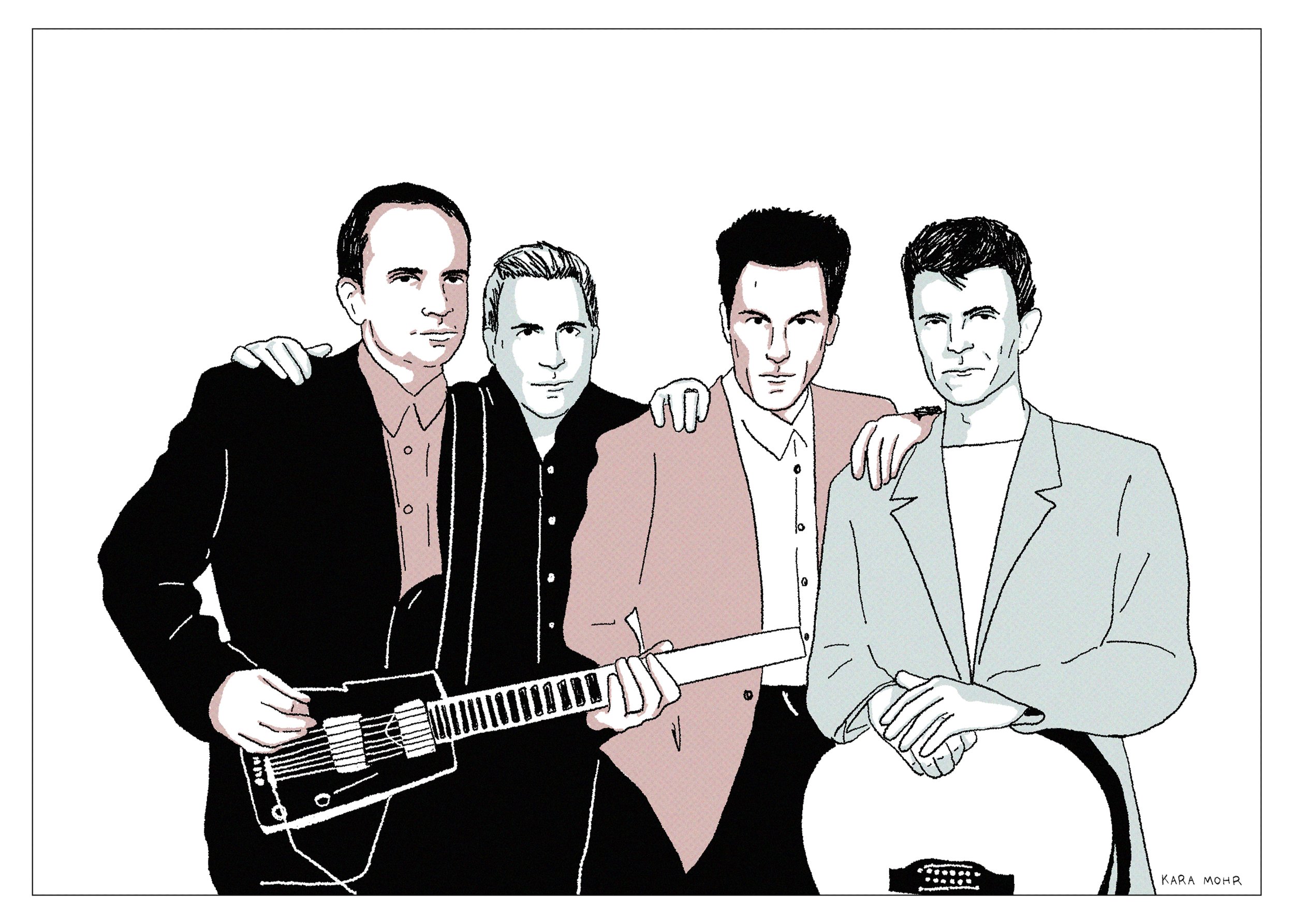
Tin Machine “Tin Machine II”
By the late Eighties, there were no fresh blood for David Bowie — the greatest vampire in Rock and Roll — to suck. The top Rock radio songs of 1988 included Henry Lee Summer’s “I Wish I Had a Girl” (what? who?), Bruce Hornsby and the Range’s “Valley Road” (rocks so light) and Tommy Conwell & The Young Rumblers’ “I’m Not Your Man” (not a typo, I checked). After two consecutive duds, Bowie was desperate for inspiration, but the pickings were slim. And so, he did what desperate people do. He found the nearest available guy and went all in. No research. No courtship. He just needed a guy with a beating heart, pumping blood and some capacity to make music. But mostly, he someone who could be a willing host to a brilliant parasite. Reeves Gabrels was that new host. And, in spite of his regal sounding name, he was truly just a guy — a guy from Staten Island, New York, who happened to be married to David Bowie’s tour publicist. One day, Gabrels was playing steel guitar in Rhode Island for a band called Rubber Rodeo. A year later, he was the cofounder of Tin Machine.

Warren Zevon “Sentimental Hygiene”
Following the unexpected success of “Excitable Boy” in 1978, Warren Zevon’s commercial prospects began to fade. “The Envoy,” from 1982, was predictably literate, frequently dark and occasionally brilliant. But, also, it flopped. Within a year of its release, Zevon was a black-out drunk divorcee, dropped from his record label and going nowhere fast. He licked his wounds, tried, failed, tried again, failed again and — eventually — succeeded in getting sober. It would be another five years before he released another album. In the interim, outside of his family, Jackson Browne, a bunch of L.A. session guys and a coterie of writers and critics, Zevon was more forgotten than he was missed. But then, in 1985, while Tom Cruise sashayed around the billiards table like a ninja pool hustler, Martin Scorsese dropped the needle on “Werewolves of London” and people suddenly started talking about Warren Zevon again.
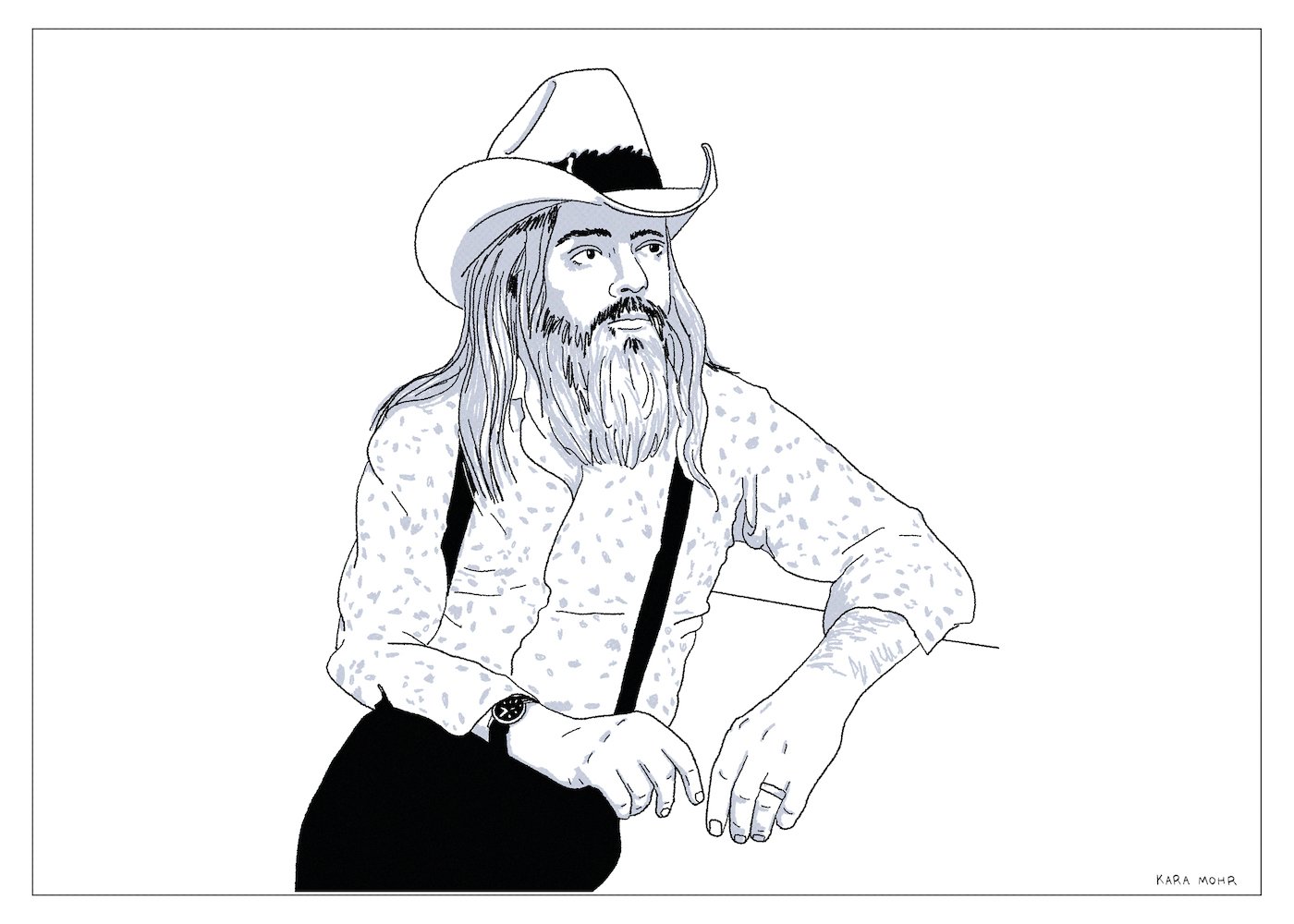
Leon Russell “Anything Can Happen”
Having spent more than a decade building his reputation as the “guy to call” when you needed a guy, Leon Russell was suddenly more than just “a guy.” He became “the guy.” In 1970, after touring with Delaney and Bonnie and releasing a critically adored solo debut, he put on his top hat, dusted off his beard and assembled the greatest live band on the planet for Joe Cocker’s “Mad Dogs and Englishmen” tour. And though the experience nearly killed him (and his bandmates), it marked the beginning of the next phase of his storied career. Whereas during the 1960s, Russell was on the side or behind the scenes, in the 1970s, he was a frontman, gracing album covers, standing center stage, and sharing the limelight with everyone from George Harrison to Willie Nelson. For a natural introvert who was perhaps meant to be a bandleader more than a Pop star, it proved to be too much for him. Depleted and lost, the man who’d released over a dozen albums in the Seventies, eked out only two the following decade. By the Nineties, he was stuck somewhere between the “where are you now” and the “who’s that guy” files. Leon Russell lost his way and then began to fade out, until, one day, Bruce Hornsby came a calling.
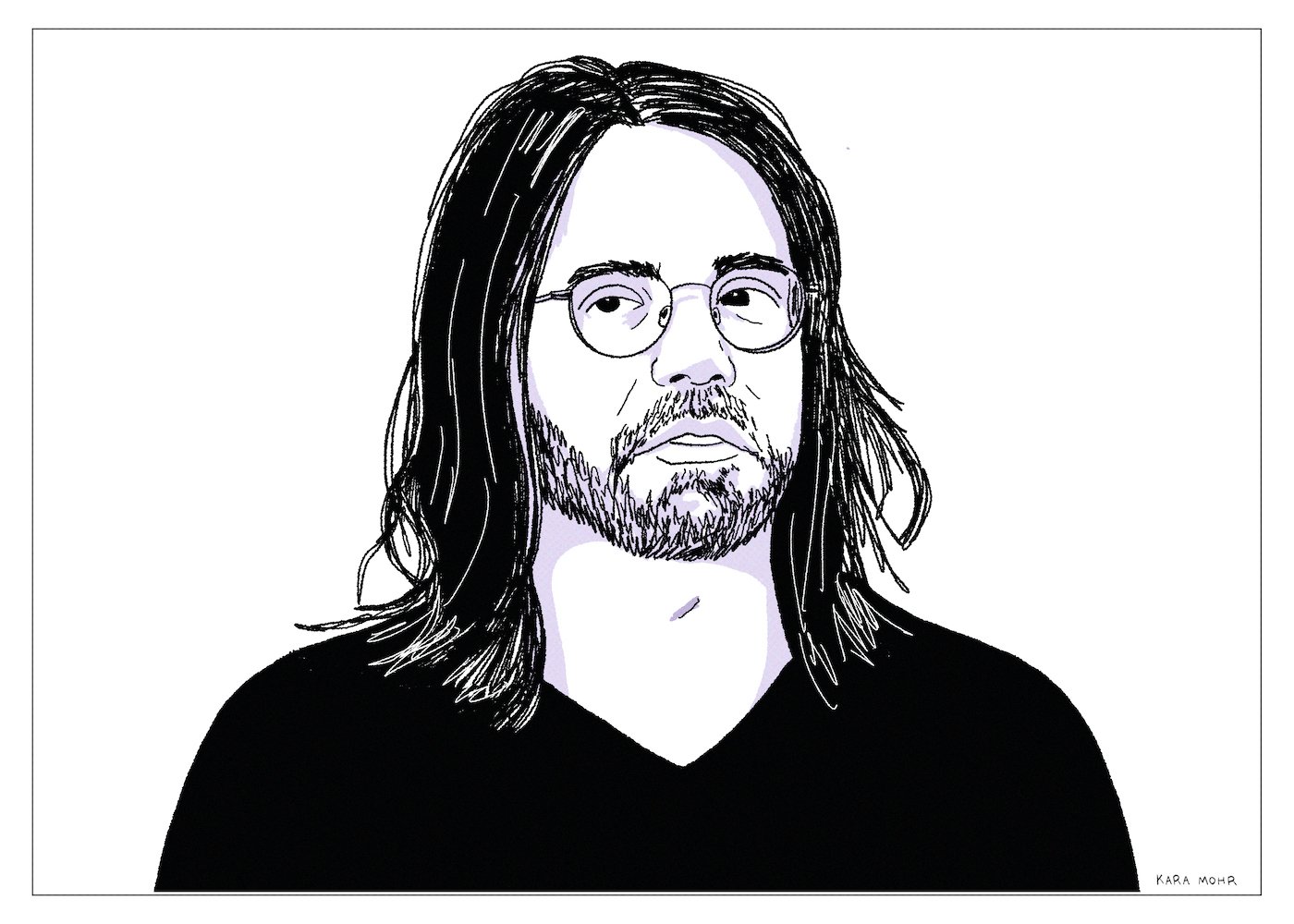
Keith Rainere “Totally Innocent Prog Rock Genius”
According to Nancy Salzman, at some point just before scoring the world’s highest IQ and becoming one of the world’s three greatest problem solvers, Keith Rainere taught himself many musical instruments, including the piano, which he could allegedly play at a concert level. Of the many claims made by NXIVM, I found this one most confounding simply because it is the most disprovable. During the nine hours of “The Vow’s” first season, the only proof we get of Rainere’s musical gift is a brief, middling performance of Beethoven’s “Moonlight Sonata” — a piece generally taken on by younger students in the first few years of their studies. On the basis of this showing, it’s hard not to conclude the obvious: Keith Rainere is no Keith Emerson. So, why? Why did he make such a bold and obviously false claim? IQ tests can be forged. Problem solving is hard to measure. But musical aptitude is hard to fake. The answer to my question arrived in the late Spring of 2019. According to the New York Post, some time after mastering all of those instruments but presumably before breaking the IQ test, Keith Rainere got really into Prog Rock — specifically Yes and Genesis. Which explains everything.
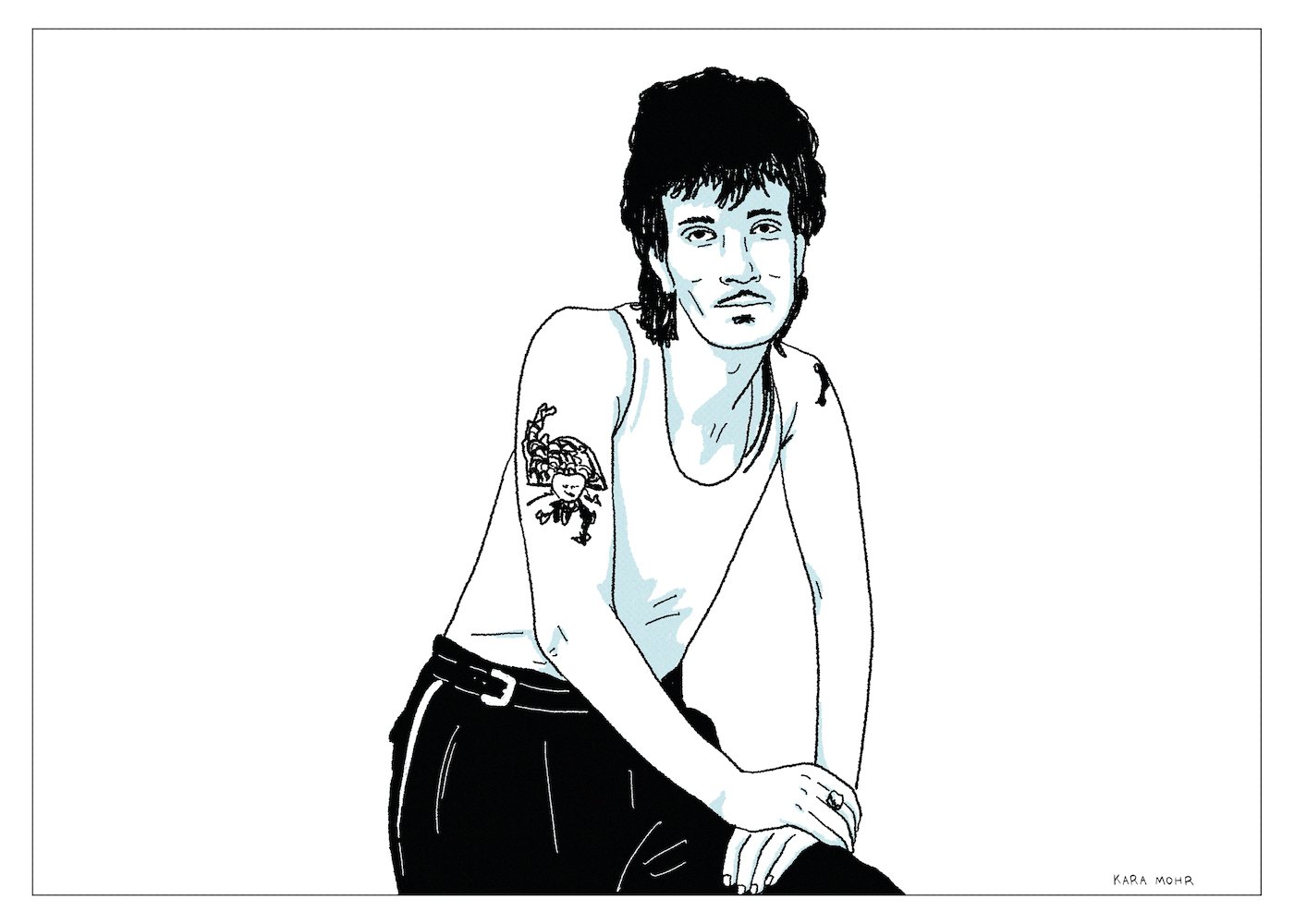
Willy DeVille “Backstreets of Desire”
When Dylan went from folkie hobo to poet in black turtleneck and shades, it seemed like affect. When Bowie went from Ziggy to Thin White Duke, it felt like an art project. And when Madonna went from Material Girl to S&M Barbarella, it came off like a marketing stunt. But Willy DeVille was the genuine article — a real life shapeshifter. The man born William Borsay Jr., from Stamford, Connecticut, would become a Spanish Harlem pimp, a Bowery gutter prince, a riverboat gambler, and a Navajo mystic. In 1992, somewhere between the Bayou and his eventual return to the Lower East Side of Manhattan, he briefly wound up in Los Angeles. And, in spite of crippling addiction and decades of commercial disappointments, Willy made one of the great, barely heard Roots Rock albums of the decade. “Backstreets of Desire” might read like something from Springsteen’s swamps of Jersey, but it sounds like the Los Angeles that made Los Lobos, Tom Waits and Warren Zevon.
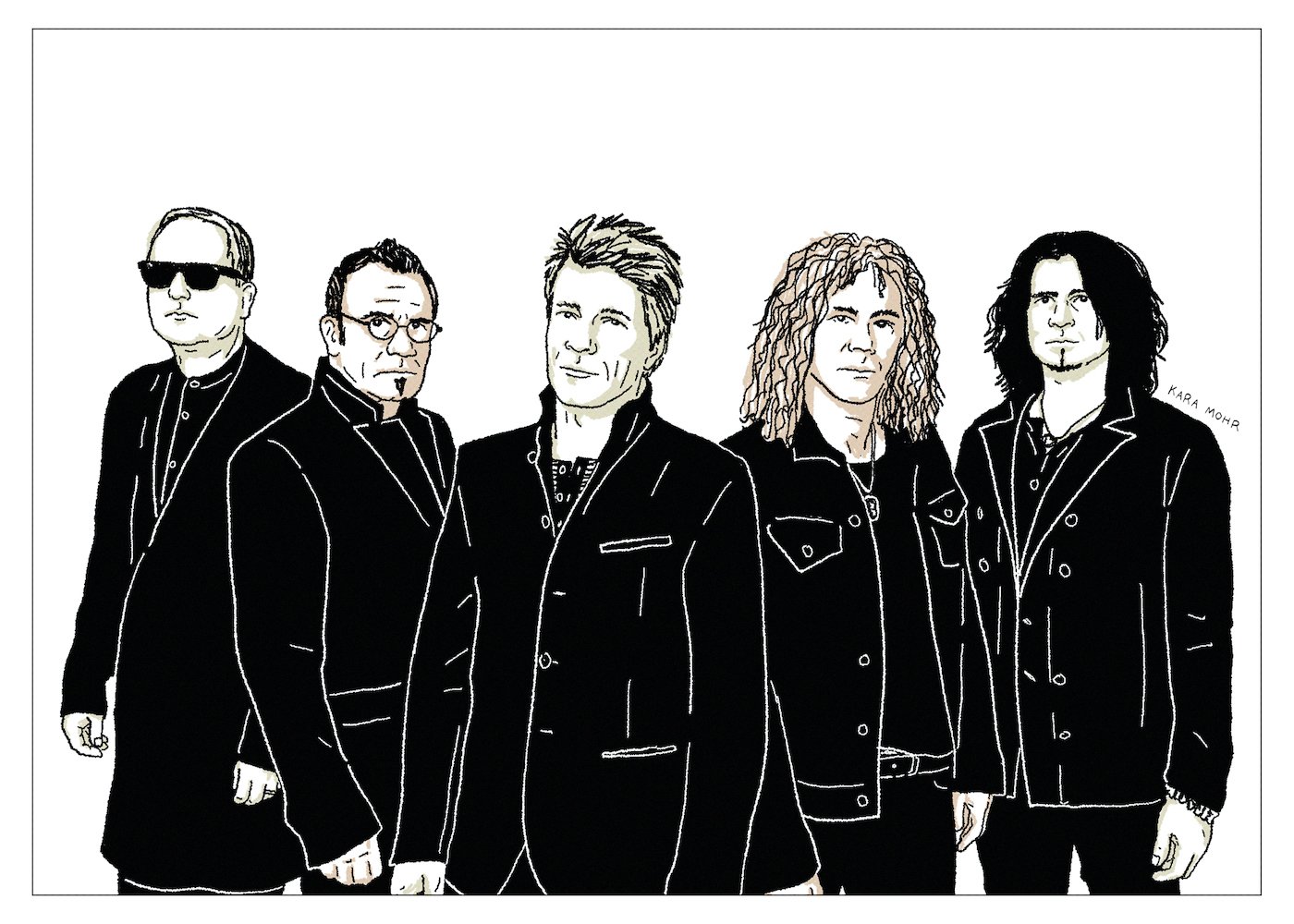
Bon Jovi “This House Is Not for Sale”
Though they were no longer America’s Biggest Rock Band, Bon Jovi could still sell (many) millions of albums. But it was clear to anyone who was paying attention that things had changed. Jon cut his hair and took up acting. Richie married Heather Locklear. Over the course of three decades, they’d traded in grit for nostalgia. Their fearlessness was subsumed by trite optimism. And though they’d sustained their spot on the charts, they’d regressed from something iconic to something more generic. By 2015, they had to confront the existential risk that all Arena Rock bands some day face: the challenge of being both universal and distinct. Many great bands had fallen into that chasm before: Journey, Foreigner and REO Speedwagon to name a few. But, not Bon Jovi. In just a few years, and without Richie Sambora, they went beyond arenas. Beyond namelessness and facelessness. They became the Bud Light of Rock and Roll — the highly consumable, mostly bland complement to Fox Sunday football.
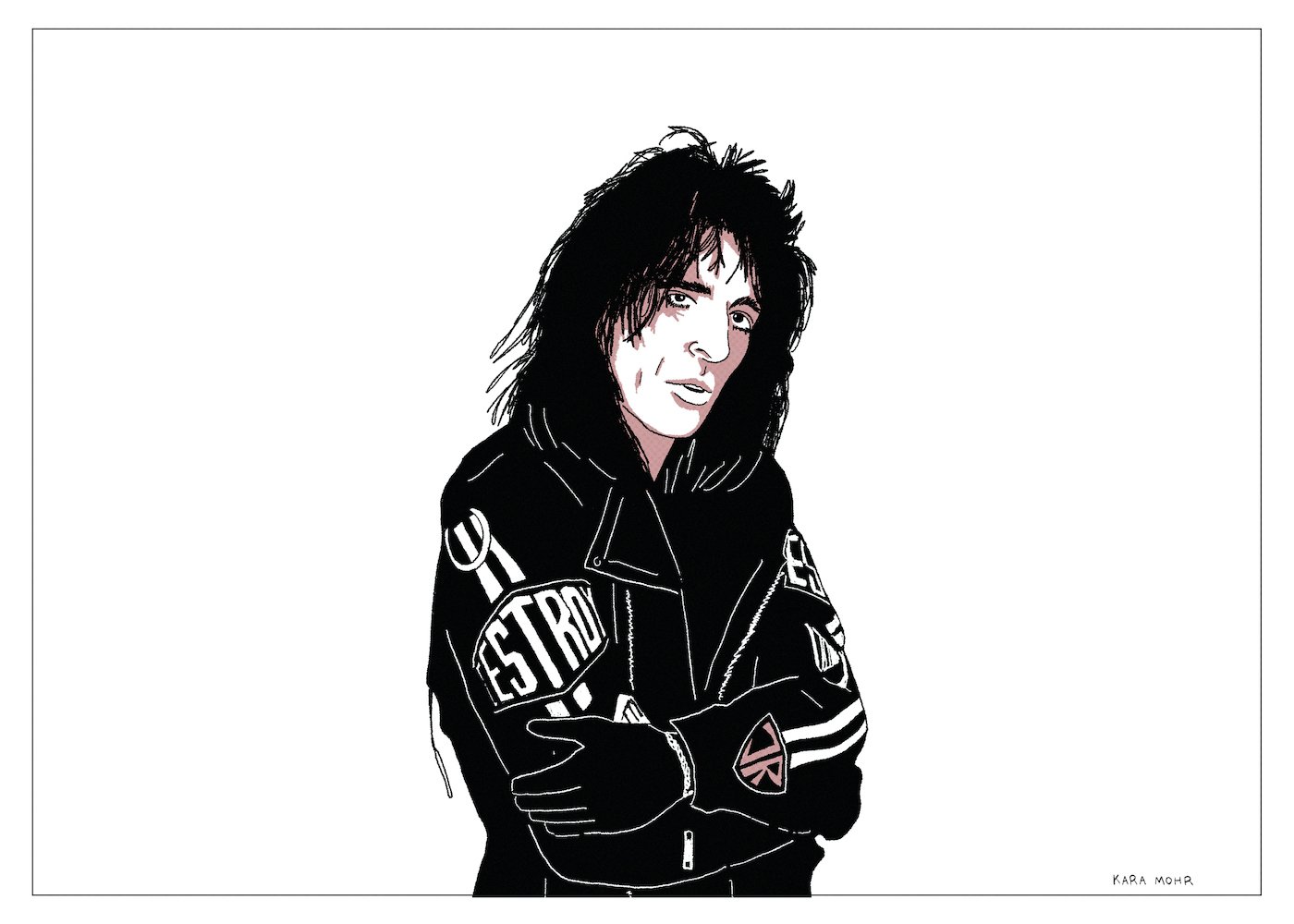
Alice Cooper “Trash”
The early 80s were not kind to Alice Cooper. Sober, but restless, he tried new gimmicks. He brought more snakes onstage. He tried his hand at New Wave. He traded booze for golf. But nothing seemed to work. By the mid-80s, while Hair Metal — a genre that he’d in part given birth to — was ascending, Alice Cooper was nothing more than a charming “has been.” But then, when it seemed that he was all past and no future, he caught a massive break. Desmond Child, a longtime fan and, more importantly, the super-producer of gargantuan, shout-along hits by KISS, Bon Jovi and Aerosmith, offered to help the forty year old, Shlock Rocker reclaim his throne. In order to succeed in the mission, Child had one requirements. He demanded that Cooper sing about the one thing that all teenagers are obsessed with but which the future GEICO spokesman had somehow avoided for his entire career: Sex.
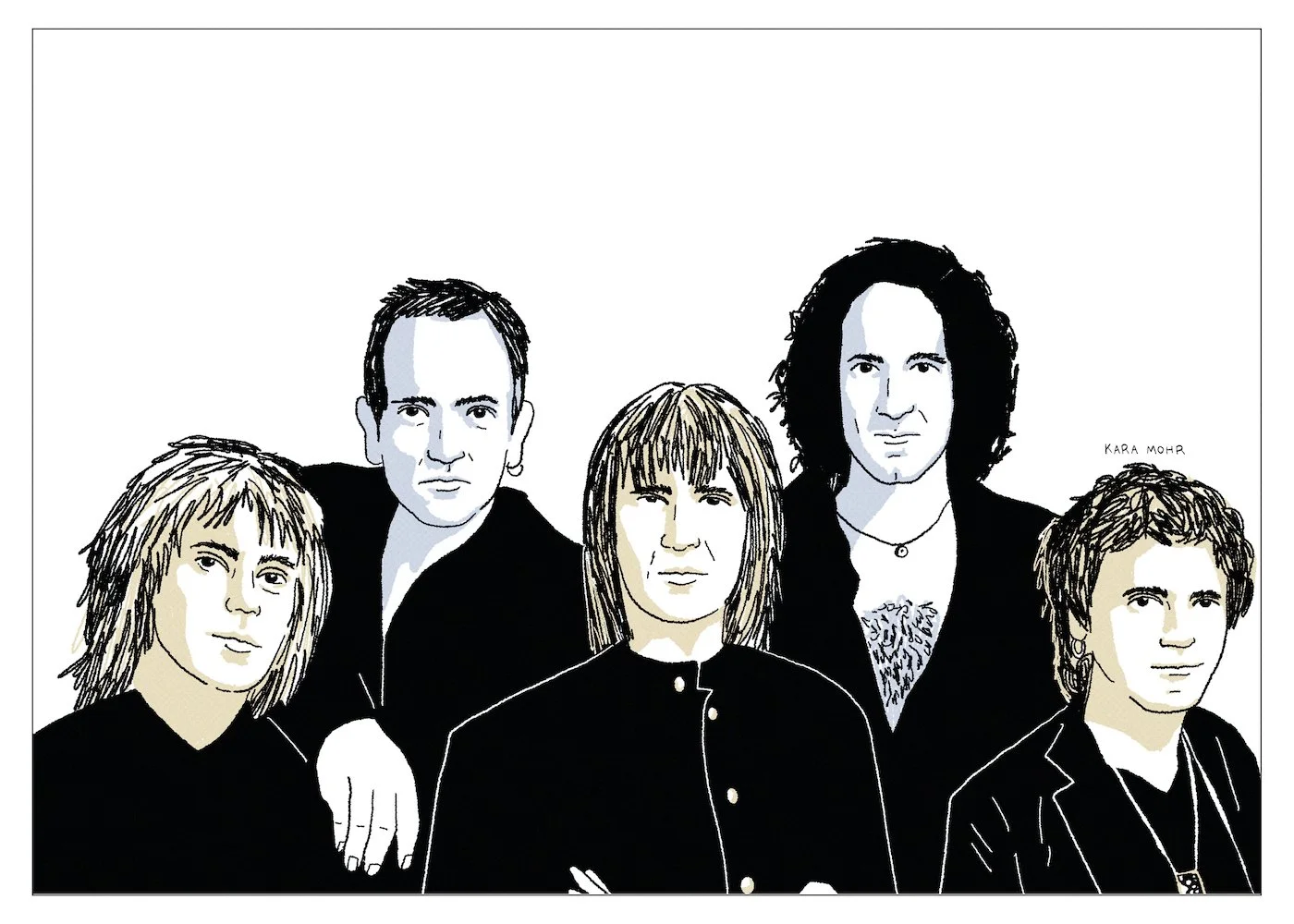
Def Leppard “X”
Def Leppard were once as American as apple pie. More than Bruce or Petty or Johnny Cougar, they were the soundtrack of the American Heartland. They were the grist for Rock radio, churning out pristine, semi-heavy, fully melodic singles, engineered by the future Mr. Shania Twain. With the arrival of Grunge and Alt, however, came the annihilation of Hair Metal. And though they did not precisely fit the genre, Def Leppard was a casualty of the 90s. On the brink of extinction, they tried everything to survive. They tried sounding like Stone Temple Pilots. They tried sounding like themselves. And then, finally, desperately, they tried the unthinkable. They hired wunderkinds Marti Frederiksen and Max Martin and made a bunch of tracks that resembled the third best songs from “American Idol,” if recorded by Bryan Adams for the Nordic market. On “X,” Def Leppard tried mightily to reclaim lost ground, but ultimately fell short of “popular” and landed awkwardly in the neighborhood of “pop.”

Art Garfunkel “Scissors Cut”
From 1970 through 1973, Art Garfunkel was among the most fascinating men in America. Coming off of “Bridge Over Troubled Water,” he turned his attention to acting, where he made his debut in Mike Nichols’ “Catch-22.” The next year, he was nominated for a Golden Globe for “Carnal Knowledge.” Eventually, though, he reemerged as a solo recording artist. “Angel Clare,” from 1973, produced two top forty singles, and a series of Gold and Platinum-selling albums soon followed. What began as warm possibilities, however, devolved into flaccid melodies and artistic stagnation by the end of the decade. And then, tragically, Garfunkel’s romantic partner of many years, Laurie Bird, committed suicide in 1979. Most of America was depressed in 1979, but Art Garfunkel was more depressed. 1981’s “Scissors Cut” is the evidence of that depression — a bawling, private eulogy, pressed onto vinyl. It was also the end of “Art Garfunkel, Pop Star.”
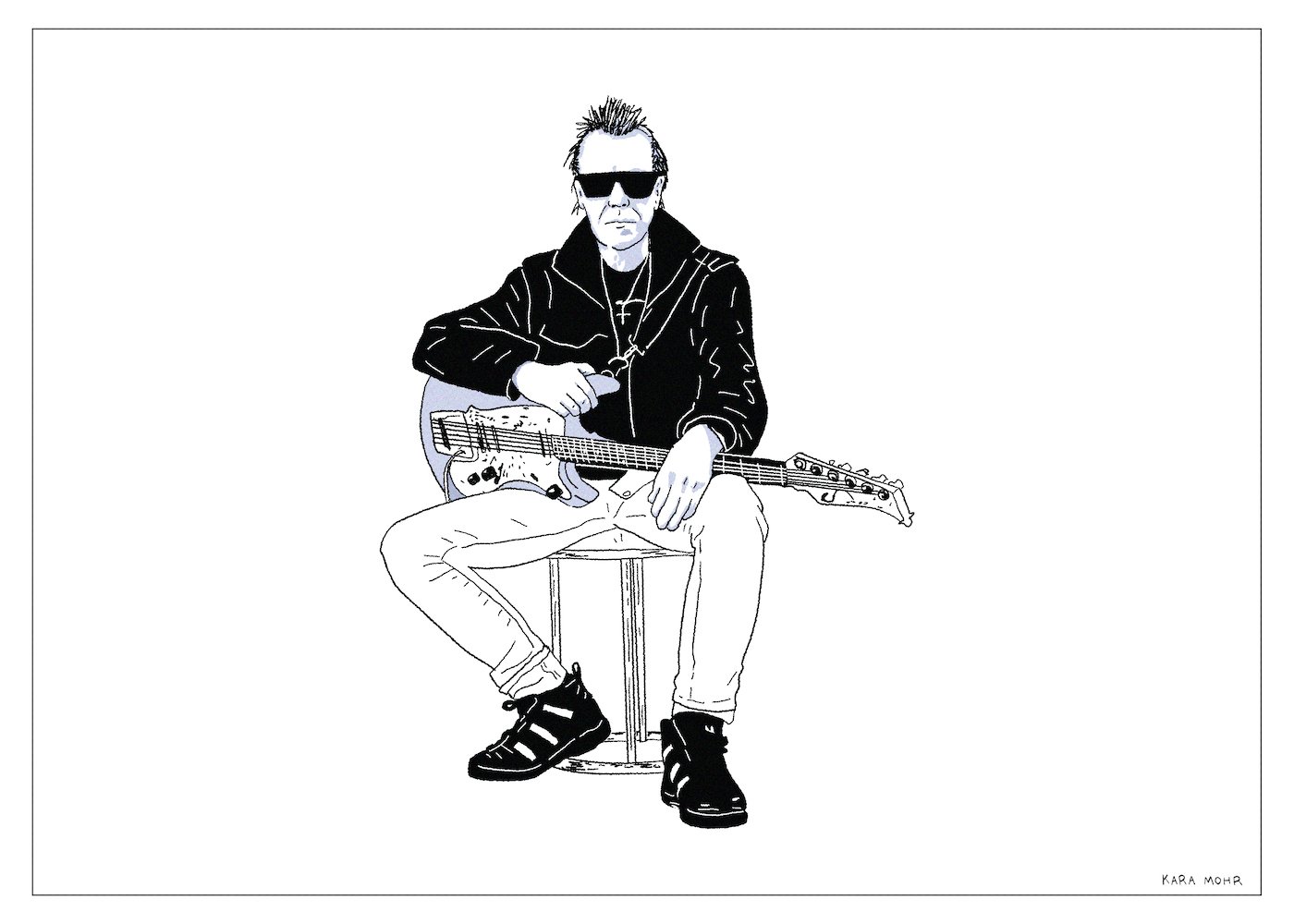
Link Wray “Barbed Wire”
After a dormant decade living a quiet life on a remote island in Denmark, the man who’d invented Hard Rock discovered his new sound. Amazingly, sixty-something Link Wray was faster, louder and scarier than his younger self. Whereas “Raw-Hide” and “Rumble” were soundtracks to noirish Westerns, his final performances sound like The Replacements scoring a 1950s drag race. Flanked by a band of much younger devotees, Grandpa Link returned to salvage his legacy. In spite of his indisputable greatness, he’d failed as a pop star. Failed as a folkie. And failed as a proto-punk. So, this time out — his last time out — he opted for all three incarnations. He wore black sunglasses, a leather jacket, a white tank top and a two foot ponytail and a thinning pompadour. He looked as though he’d either lost his mind or that he meant business. Or possibly both.

Cheap Trick “Cheap Trick”
The idea of a “return to form” is nothing new. Neil Young’s “Freedom” was his “return to form.” So was Clapton’s “Journeyman.” Dylan has probably “returned to form” half a dozen times in his career. The implication is the same: that some beloved, aging artist who had lost their way was finally making great music again -- music that confirmed their original brilliance. In 1997, ahead of their thirteenth studio album, writers and publicists were insisting that Cheap Trick’s latest was a return to form. Fans came out from the woodwork. Nirvana and Smashing Pumpkins and Weezer portended the event. Cheap Trick had found their way back. The band that Mike Damone and millions of Japanese teenagers once loved was coming back to get their due. But for a group whose success was so fast and so fleeting, and whose last hit was a hairy, ten year old power ballad, it was fair to wonder: what form were they returning to, exactly?

The Doobie Brothers “Brotherhood”
Today, they are the butt of a joke that started as an internet meme. They signify an amalgam of 1970s idealism, kitsch and grooviness alongside early 80s cool, coked up excess. All because of four albums they released between 1976 and 1980, and because of Michael McDonald’s proximity to Steely Dan, Christopher Cross and Kenny Loggins. Because of that, The Doobies are Twitter jokes and Spotify playlists more than they are “China Grove,” “Black Water,” “What A Fool Believes” and the bootlegging scandal from “What’s Happening!!” For nearly a decade, however, they were the American monoculture. Not The Eagles or Fleetwood Mac or M*A*S*H. The Doobie Brothers. They were the opposite of a punchline. The opposite of any one thing. They were everything. Then, one day, everything became too much and they were gone. By the time they came back, everything had changed. Everything, except The Doobie Brothers.

John Fogerty “Revival”
Truth matters. Of course. But on the other hand — and especially in the curious case of John Fogerty — who the hell knows? Was he the Mark Twain of his generation or the Atticus Finch or was he just the guy who connected the musical dots between Ricky Nelson, Little Richard and Neil Young? How did the man who was once our answer to Paul and John just one day just disappear? As spectacular as Fogerty’s early run with Creedence was, everything that followed seemed like an unsorted mess. Seriously, what happened? Was he impossible to deal with. Did his muse dry up? Why was he always in court? Who was the hero and who was the villain? Time resolved some things. Lawsuits were settled. Contracts expired. People died. And, of course, John Fogerty had his beloved, if still perplexing, second act.
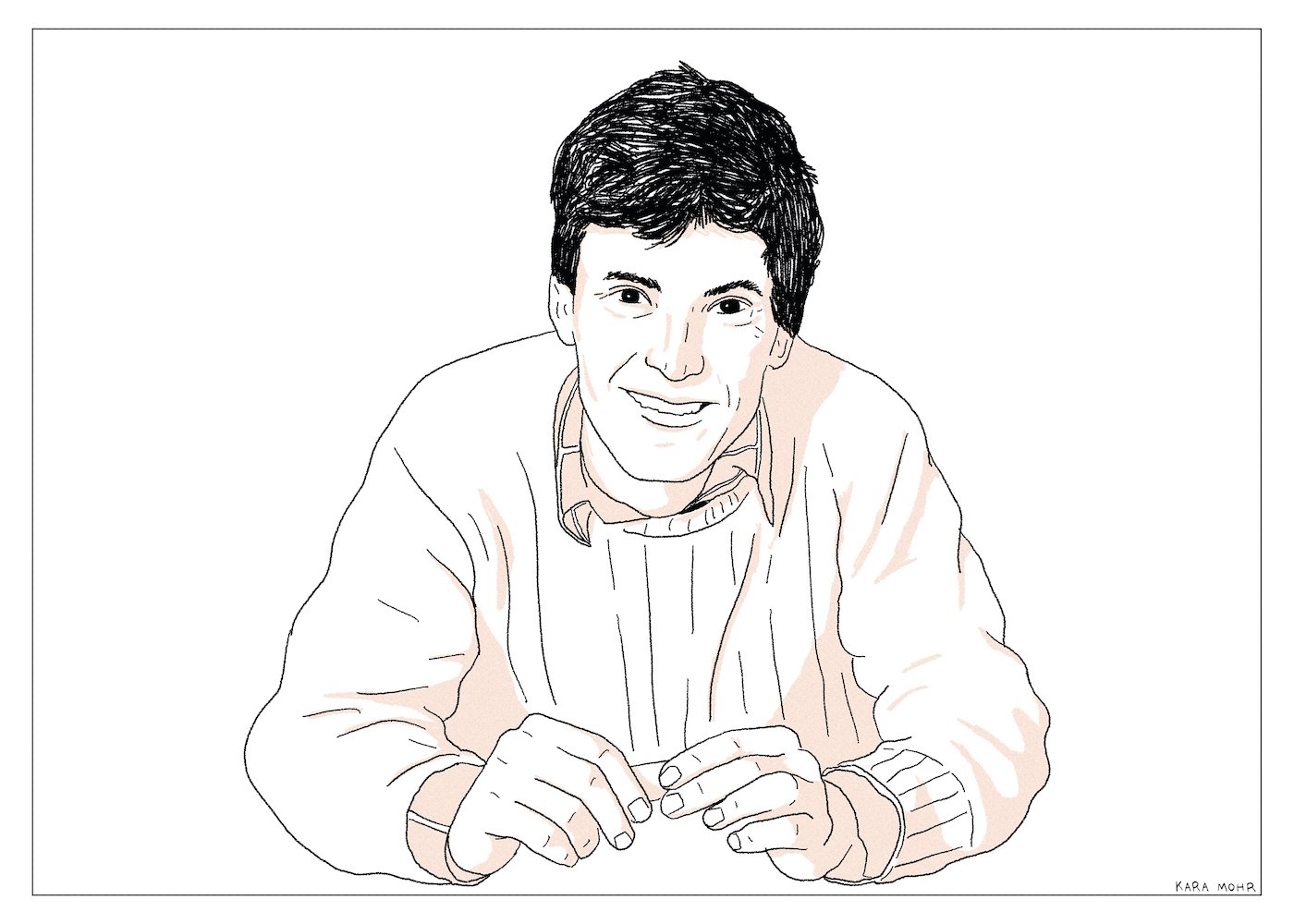
Steve Winwood “Roll With It”
In the second half of the 1980s, while we were happy to have luxury sedans in our garages and gas at the pump, there was still a sense of longing. Was it for JFK? MLK? The counterculture? Whatever the cause, our collective ennui — even as the economy boomed and the Cold War thawed — was unmistakable. We knew it, but we couldn’t place it. And so, we had questions. Fortunately for us, Bono had answers. So did Phil Collins and Sting and Bruce and Neil and, surprisingly, Don Henley. Our beloved Amnesty rockers, celebrated in the pages of Rolling Stone, sang with purpose. All of them, except for Steve Winwood, who opted for New Wave, Blues Brothers fare and farming in The Cotswolds. While his esteemed peers were consumed with importance, the most talented member of the bunch quite literally told us to roll with it.
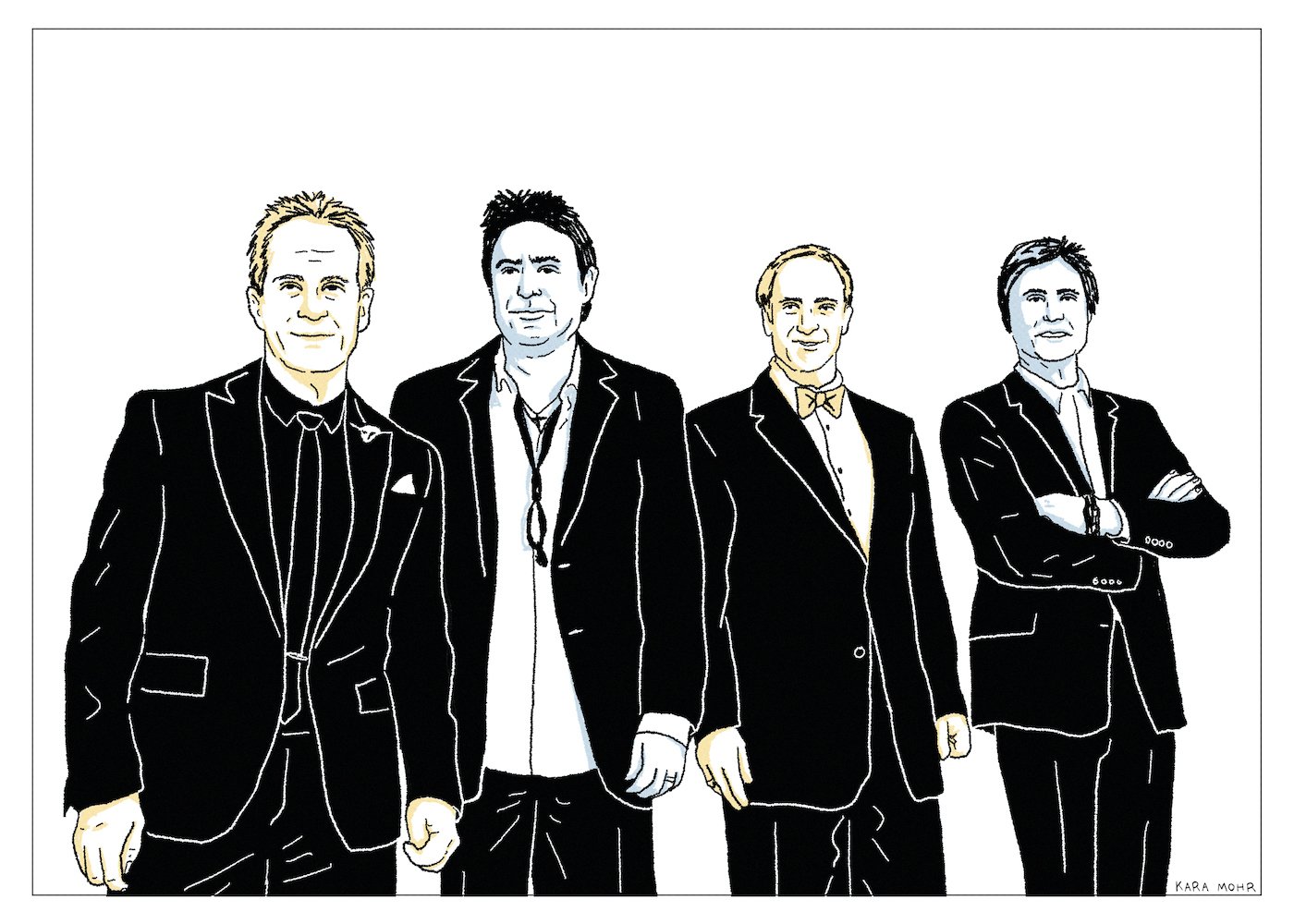
Chicago “Chicago XXXII: Stone of Sisyphus”
Some albums remain hidden because they were not made for public consumption. “The Basement Tapes” comes to mind. Others sit on the shelf because of incessant tinkering. “Chinese Democracy” might fit that bill. Sometimes, as with The Beach Boys’ “Smile” or Jeff Buckley’s “Grace,” the issues are entirely more human. But “Stone of Sisyphus,” Chicago’s thirty second album, recorded to be their twenty second album, is a different sort of animal. It was not released for the most obvious and depressing of reasons: their record label hated it. In its wide embrace of Rap, Slow Jams and Phil Collins, “Sisyphus” marked a return to the band’s eclectic roots. But in its wanton disregard for hits, it also served as a final farewell to the Cetera afterglow and an uncertain hello to the great unknown.
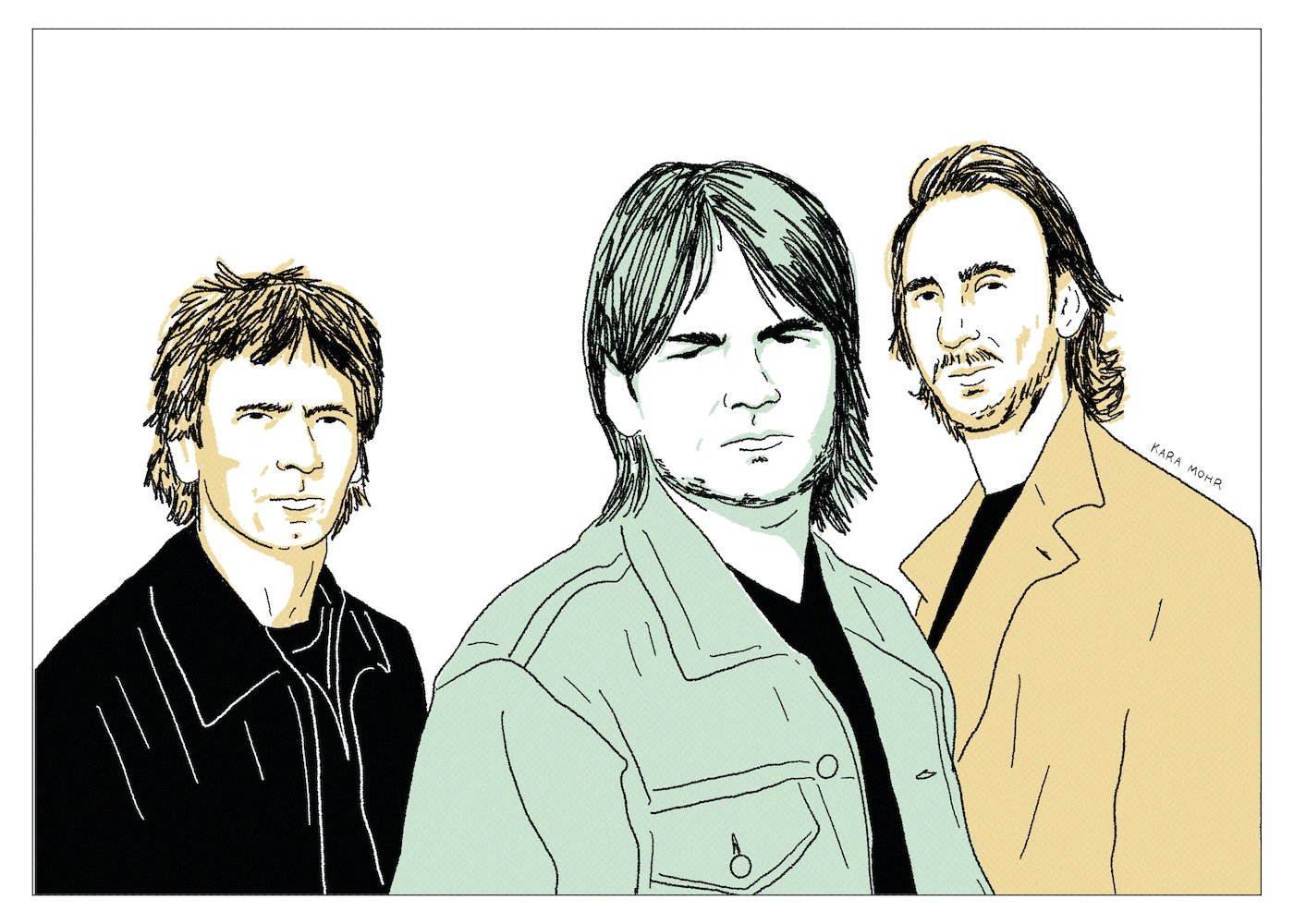
Genesis “Calling All Stations”
We wondered how they could carry on post-Phil. But their story was all about carrying on. First they lost co-founder Anthony Phillips — the “Pete Best” of Prog Rock. Then shape-shifting Prog-king Peter Gabriel. Then guitar savant Steve Hackett. And then, finally, pop icon Phil Collins. By 1996, there were only two men left. Tony on keyboard and Mike on guitar. But, how do you know when it’s time to quit? Why wouldn’t you try to keep going? Sometimes you need tangible proof that it won’t work. And so, Genesis was reborn (again). This time, featuring a younger, grungier, Scottish singer — Ray Wilson of the band Stiltskin. It turned out that “Calling All Stations” was all the proof anyone needed. It was the final Genesis album.
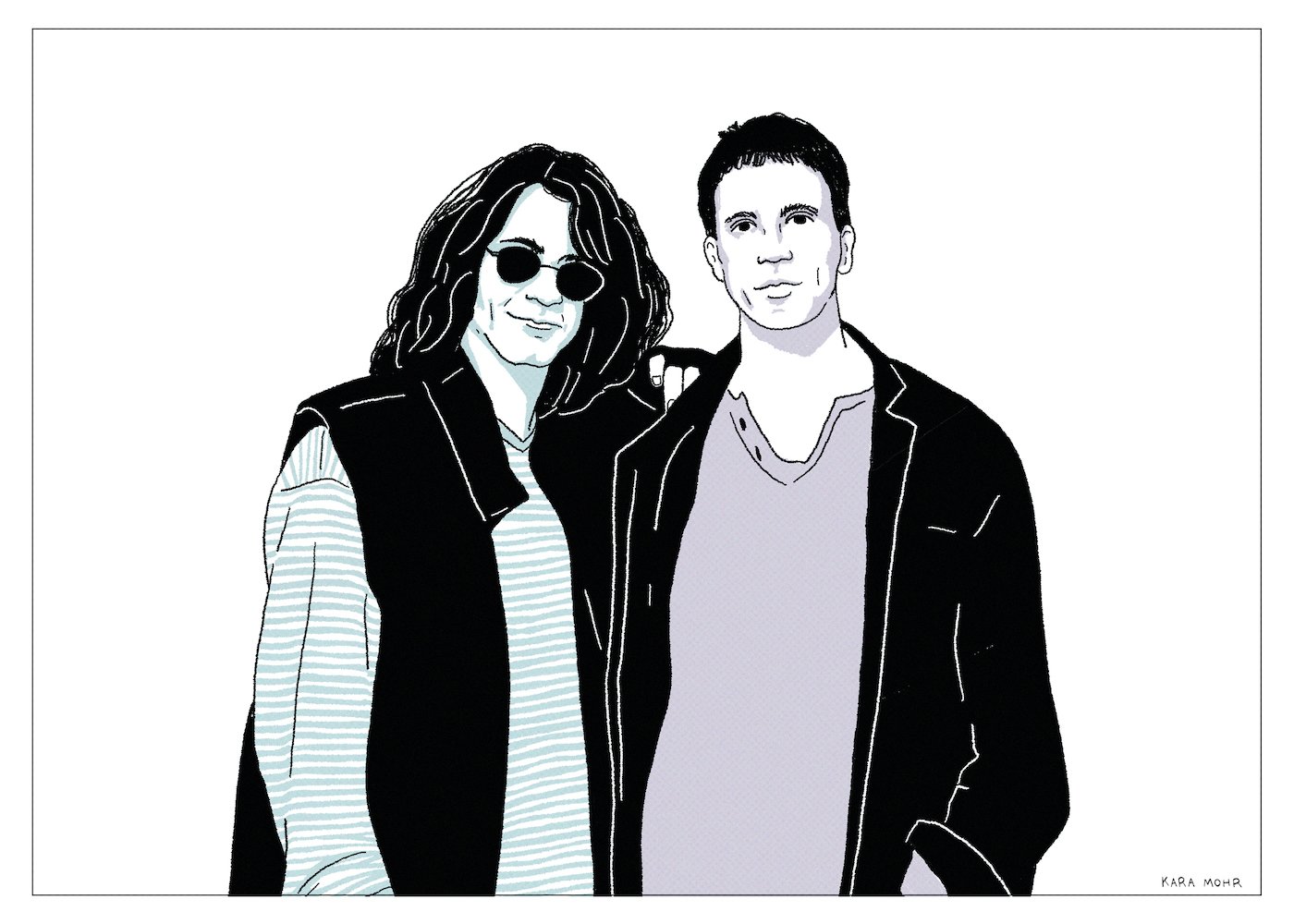
Van Halen “Van Halen III”
Gary Cherone never had a chance. He was the second step dad for a generation who didn’t want another step dad. Back in 1985, we were OK with divorce. It was a sign of the times. We rolled our eyes a bit at Sammy, but we also tolerated him and secretly liked him. We even understood the second divorce. Things happen. People grow up and cut their hair and take up golf. But the almost reunion with Dave and the ensuing PR stunts were not OK. And the ensuing addition of the guy from Extreme was so completely not OK that, by the end of 1996, the Van Nation was up in arms. To this day, “Van Halen III” ranks among the most reviled albums that, I suspect, very few people have actually heard.
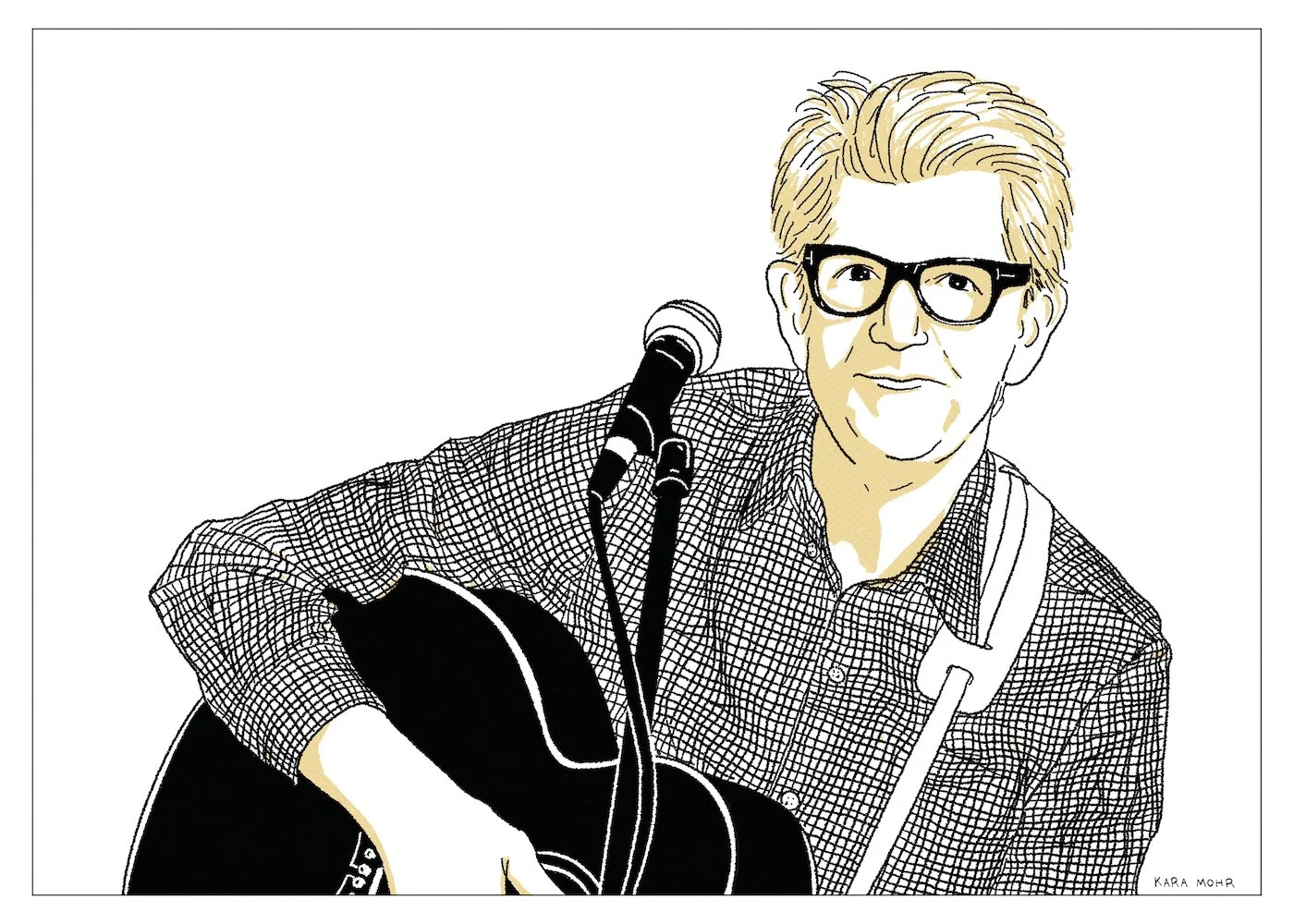
Nick Lowe “The Impossible Bird”
Once upon a time, Nick Lowe was the guy. He was New Wave’s beloved everyman — cool, but accessible. You might find him at the pub, you might find him on the Pop charts or you might find him in the studio with Elvis Costello. He married Carlene Carter and dated Lois Lane. To drop his name was to confirm your own hipness. By the early nineties, however, his time had come and gone. He was single, hitless, without a label and at the bottom of a pint glass. Amazingly, and with a little help from Kevin Costner and Whitney Houston, he dusted himself off and found a second act, functionally birthing his own genre of music in the process. Part Roots, part Country, part Rockabilly, and part Pop, the former mop-topped hipster became the white-haired songbird for discerning grown ups.
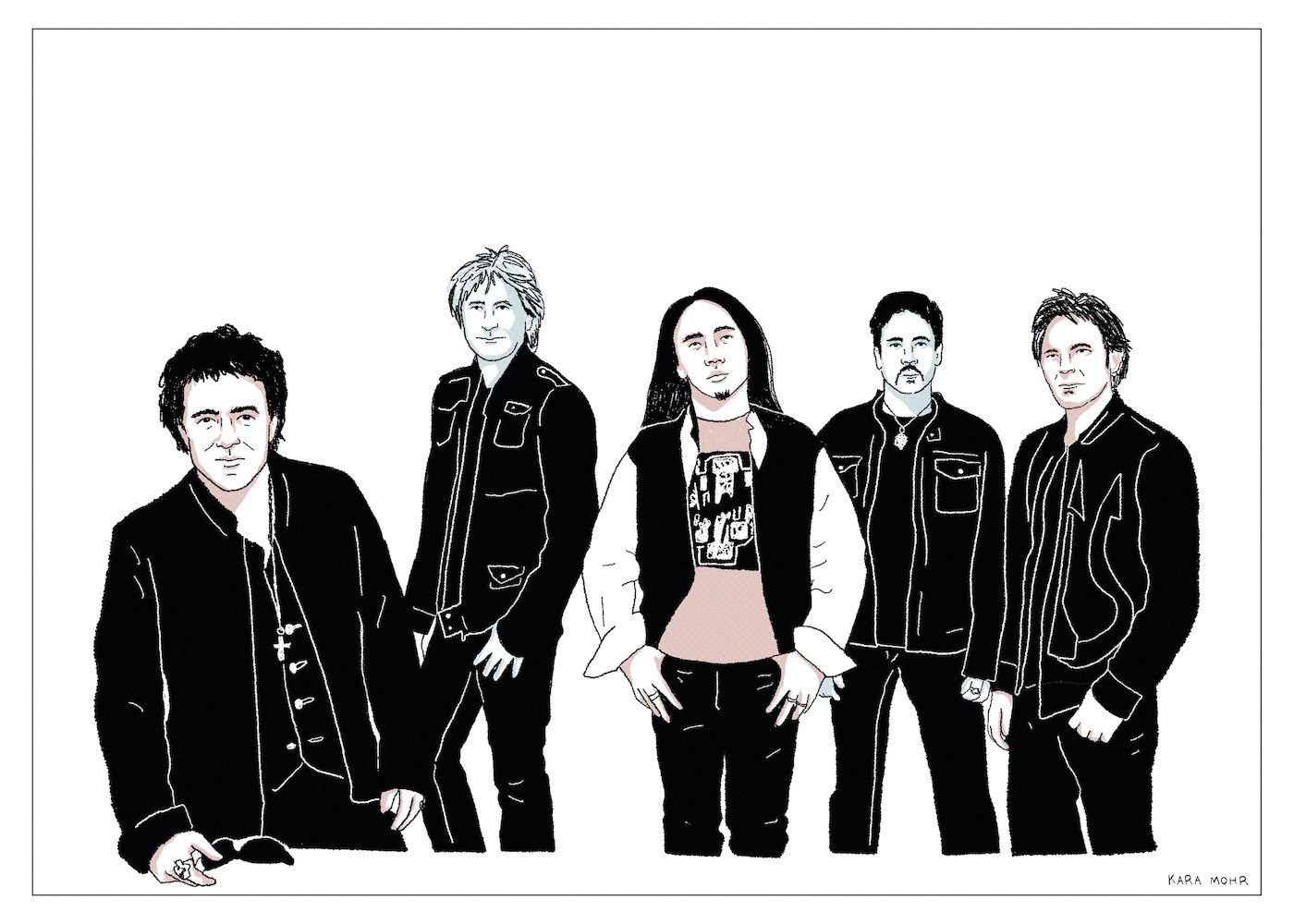
Journey “Revelation”
By 2006, Journey were on the ropes. The former heavyweight champs of Arena Rock had exhausted every possible alternative. Version 3.0 with Steve Perry broke down. Version 4.0 with Steve Augeri fizzled. Neal Schon didn’t need the money. And he probably didn’t need Journey, either. But we did. Those of us who grew up at skating rinks and on Atari — we could not stop believing. So, just like he’d done before, Schon found the best thing. On Youtube, he spotted a feathery haired, Steve Perry soundalike with a fairy tale backstory. And, just like that, Journey 5.0 released an affordably priced, three disc set through Walmart. One album of new material and two more of extraordinary karaoke. It was exactly what middle-aged, middle America needed.
